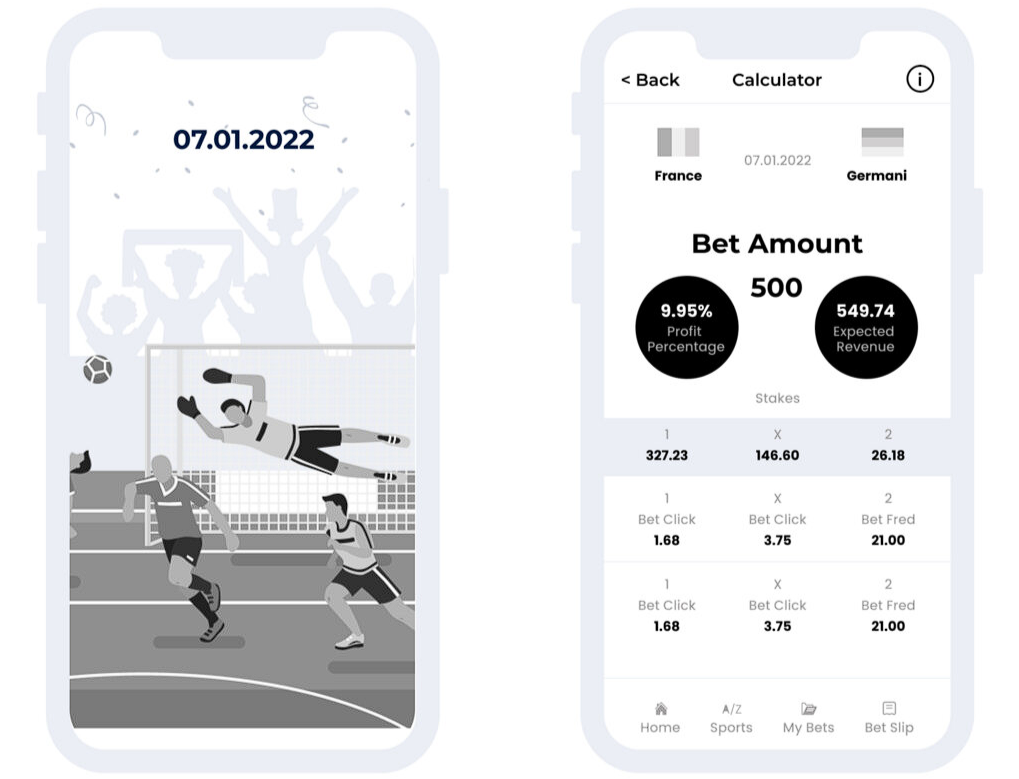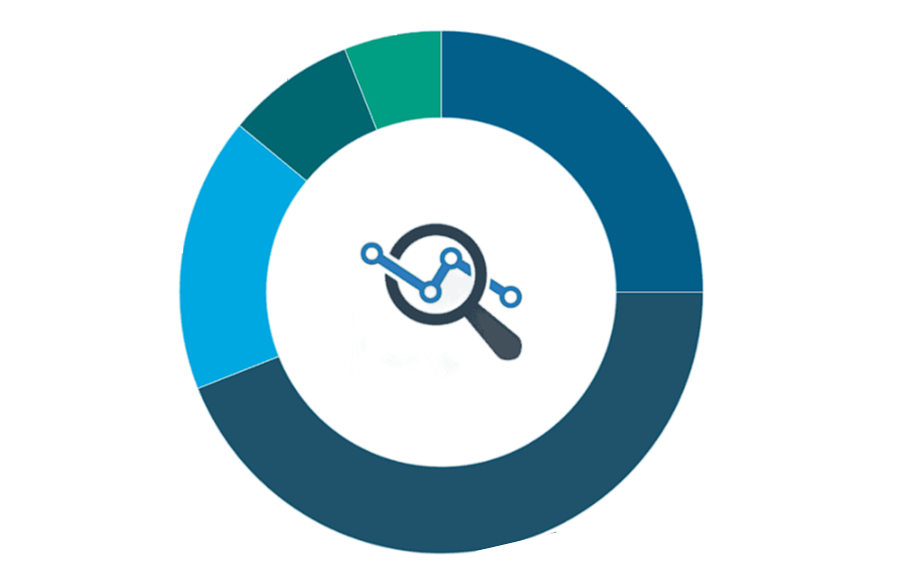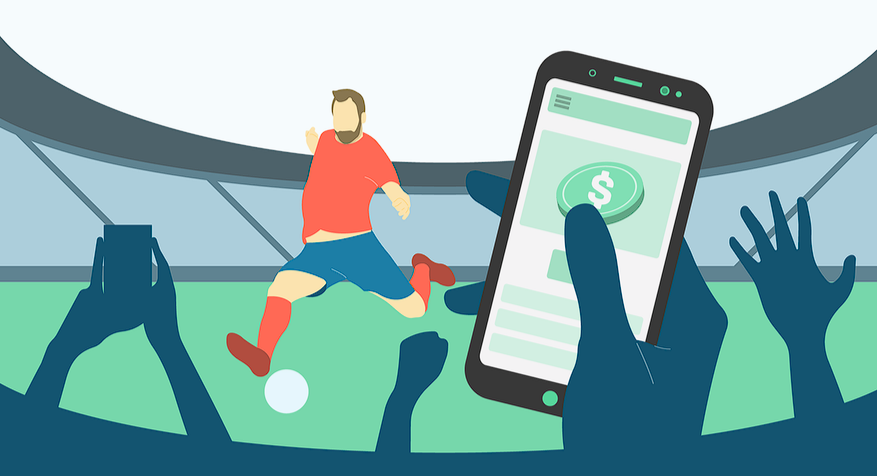Betting psychology plays a crucial role in determining the success of a bettor. Understanding the mental aspects of betting can help you make better decisions, manage your emotions, and ultimately improve your betting performance. This comprehensive guide will delve into the psychology of betting, providing insights and strategies to help you think like a pro.
Understanding Betting Psychology
The Role of Emotions in Betting
Overview:
Emotions play a significant role in betting, influencing decision-making and outcomes. Understanding how emotions affect your betting can help you make more rational and informed choices.
Key Aspects:
- Excitement and Thrill: The excitement and thrill of betting can lead to impulsive decisions.
- Fear of Loss: The fear of losing can cause bettors to make conservative bets or avoid betting altogether.
- Overconfidence: Overconfidence can lead to taking unnecessary risks and making poor decisions.
Tips:
- Recognize and acknowledge your emotions when betting.
- Take a step back and analyze your decisions objectively.
- Avoid letting emotions cloud your judgment.
The Impact of Cognitive Biases
Overview:
Cognitive biases are mental shortcuts that can lead to irrational decision-making. Understanding and addressing these biases can improve your betting performance.
Key Biases:
- Confirmation Bias: The tendency to seek information that confirms your beliefs and ignore evidence to the contrary.
- Gambler’s Fallacy: The belief that a random event is more or less likely to occur based on past events.
- Overconfidence Bias: The tendency to overestimate your abilities and knowledge.
Tips:
- Be aware of your cognitive biases and how they influence your decisions.
- Seek out diverse perspectives and information to challenge your beliefs.
- Maintain a realistic view of your abilities and the uncertainties involved in betting.

Strategies to Improve Your Betting Psychology
1. Develop a Betting Plan
Overview:
Developing a betting plan can help you stay focused and disciplined, reducing the influence of emotions and biases on your decisions.
Key Aspects:
- Set Clear Goals: Define what you want to achieve with your betting activities.
- Establish a Budget: Determine a monthly or weekly budget for betting and stick to it.
- Identify Your Strengths: Focus on the sports and markets where you have the most knowledge and experience.
Tips:
- Write down your betting plan and review it regularly.
- Adjust your plan as needed based on your performance and changing circumstances.
- Stay disciplined and avoid deviating from your plan.
2. Practice Emotional Control
Overview:
Practicing emotional control is essential for making rational decisions and avoiding impulsive bets.
Key Aspects:
- Stay Calm: Remain calm and composed, even when facing losses.
- Avoid Tilt: Prevent tilting, which is the tendency to make impulsive and irrational bets in response to losses.
- Take Breaks: Step away from betting temporarily to clear your mind and regain composure.
Tips:
- Practice deep breathing exercises to calm your mind and reduce stress.
- Engage in other activities you enjoy to take your mind off betting losses.
- Seek support from friends, family, or a professional if you feel overwhelmed by your emotions.
3. Analyze and Learn from Losses
Overview:
Analyzing and learning from losses can provide valuable insights and help you improve your betting strategy.
Key Aspects:
- Identify Patterns: Look for patterns in your losses to identify areas where you can improve.
- Review Decisions: Reflect on the decisions that led to the losses and consider alternative approaches.
- Adjust Strategies: Use the insights gained from analyzing your losses to adjust your betting strategies.
Tips:
- Keep a betting journal to track your bets, outcomes, and lessons learned.
- Seek feedback from other bettors or join betting communities to gain different perspectives.
- Continuously learn and adapt your strategies based on your experiences.
4. Maintain a Long-Term Perspective
Overview:
Maintaining a long-term perspective can help you stay focused on your goals and avoid being swayed by short-term fluctuations.
Key Aspects:
- Focus on the Big Picture: Keep your long-term goals in mind and avoid being distracted by short-term wins or losses.
- Track Progress: Monitor your progress over time to assess your overall performance.
- Stay Patient: Understand that success in betting takes time and patience.
Tips:
- Set long-term goals and break them down into smaller, achievable milestones.
- Regularly review your progress and adjust your strategies as needed.
- Stay patient and persistent, even when facing setbacks.
5. Seek Professional Help if Needed
Overview:
If betting losses become unmanageable or cause significant emotional distress, seeking professional help is essential.
Key Aspects:
- Recognize the Signs: Be aware of the signs of problem gambling, such as increasing bets to recoup losses, lying about betting activities, and experiencing financial difficulties.
- Consult a Professional: Seek help from a therapist, counselor, or gambling addiction specialist.
- Join Support Groups: Participate in support groups for individuals dealing with gambling-related issues.
Tips:
- Be honest with yourself and others about your betting activities and the impact of losses.
- Set realistic goals and work with a professional to develop a recovery plan.
- Stay committed to your recovery plan and seek ongoing support to maintain long-term success.
Common Mistakes to Avoid
- Ignoring Emotions: Don’t overlook the importance of acknowledging and managing your emotions.
- Not Having a Plan: Always develop a betting plan to stay focused and disciplined.
- Chasing Losses: Avoid trying to recoup losses by placing more bets impulsively.
- Lacking Patience: Stay patient and persistent, even when facing setbacks.
Conclusion
Betting psychology plays a crucial role in determining the success of a bettor. By understanding the role of emotions, addressing cognitive biases, developing a betting plan, practicing emotional control, analyzing and learning from losses, maintaining a long-term perspective, and seeking professional help if needed, you can improve your betting performance and think like a pro. Avoid common mistakes and take the time to reflect on your emotions and decisions to ensure a successful and rewarding betting journey.





